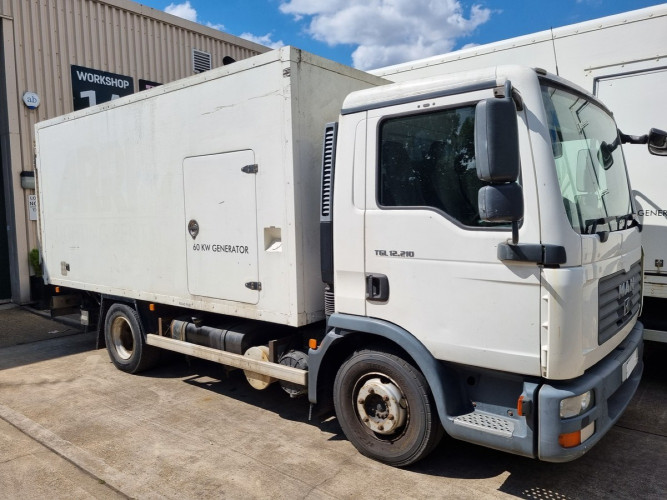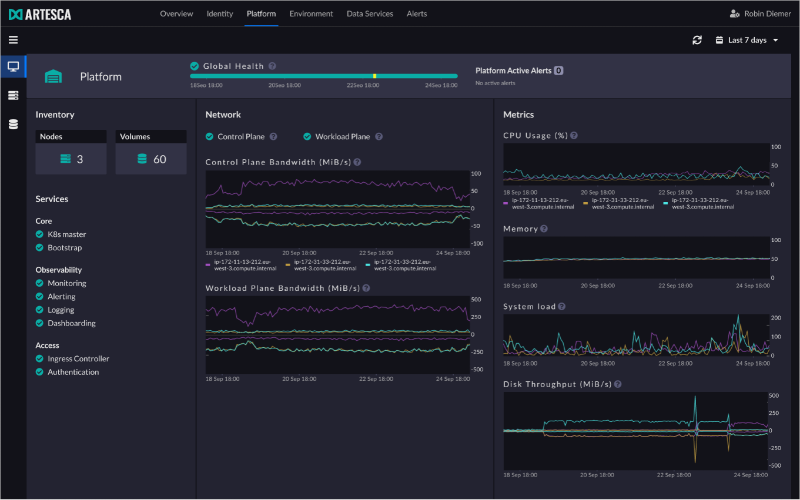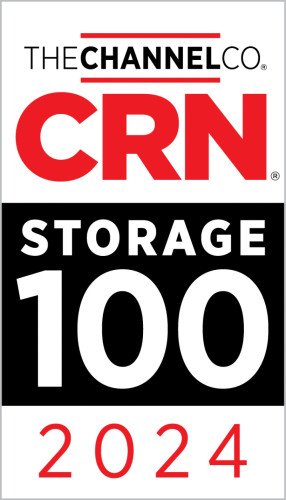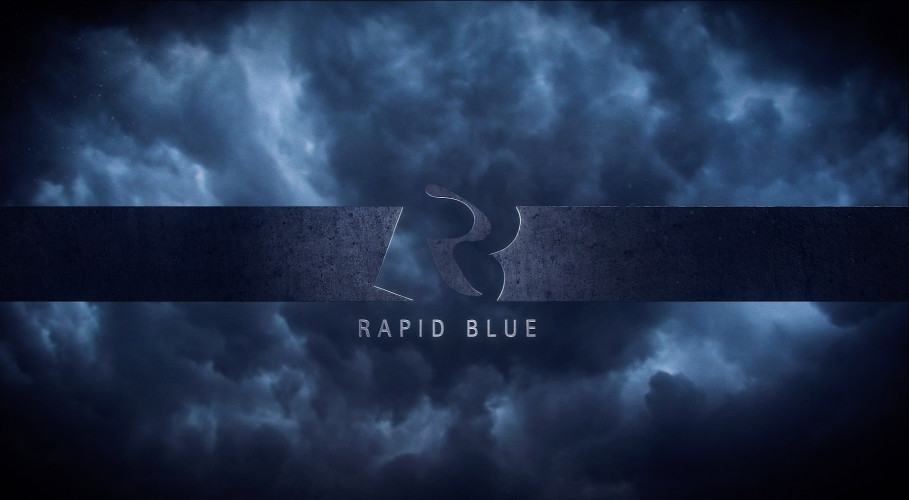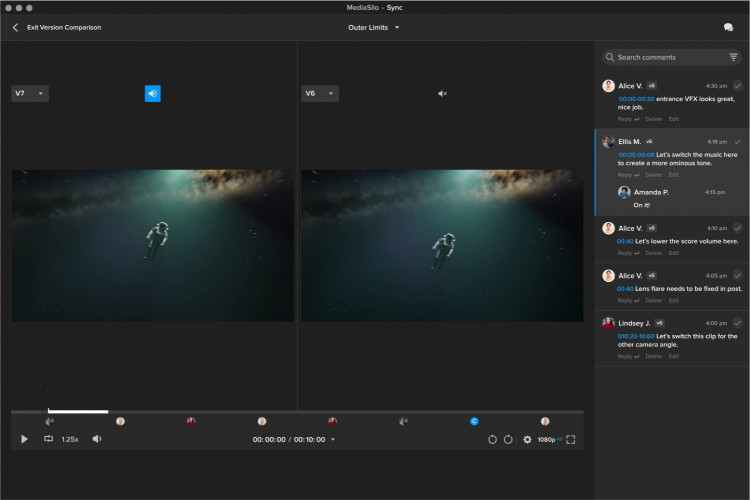Ask the Experts: Content Storage, Security, Archive and Management

Author: Bob Pank#
Published 1st October 2012
The media and entertainment industry is currently experiencing an unprecedented level of financial pressure. This comes from not only the turbulent economic era in which we are living, but also from increased competition and the need to repurpose content for consumption on different platforms and devices.
In order to succeed, businesses need to do more with less, making use of archived material, monetisation and also ensure the most valuable asset – produced content and footage – is kept safe and not misused. However, many companies will struggle to do this by themselves due to restrictive cost or lack of expertise. A good option is to outsource these functions to a specialist firm.
Why is outsourcing archiving to a specialist firm a good option?
Outsourcing the digitisation of archives is proving popular for broadcasters and production houses with a large back-catalogue of footage on tape or film. This valuable asset can consist of raw, unedited material right through to finished content that has already been broadcasted.
While some may consider digitising on an ad hoc basis, with teams of researchers looking through old tapes for any content deemed worthy of monetisation, this is inefficient and at best could result in the most valuable content being missed. Digitising the entire archive in bulk is a better option to make digital searching and extracting much easier. Many back-catalogues could contain several thousand hours of footage so such a large undertaking ideally needs to be outsourced to a specialist, who is likely to have the expertise and economies of scale to make this cost effective.
A digitised archive enables production houses and broadcasters to insert footage easily into newly created content and opens up the back-catalogue to viewing by those looking to purchase material for use in their own programming. This is possible through creating a lower-bit proxy of the footage and making it visible online via some form of b2b portal. International sales teams and buyers can view archives remotely, thus maximising monetisation opportunities.
What about storage? How much will be required?
Many businesses in the media and entertainment industry are already creating a large amount of digital collateral. This comprises not only the finished deliverable versions of productions, but the source used to create it; all of which needs a large amount of digital storage. To demonstrate how much this could be, it is worth considering the size of an average feature to be exhibited in digital. The uncompressed deliverable for a two hour feature at 24 frames per second (FPS) is around 2TB. The current digital cinema standard limits the bit rate of the Digital Cinema Package (DCP) JPEG2000 image stream to 250 megabits per second (Mbps), which means that the resulting DCP deliverable created from the 2TB would be 160 gigabytes (GB). Combining the different deliverable versions of a feature – 2D, 3D, high frame rate, subtitled/dubbed – as well as the source, easily results in an overall storage requirement approaching tens of TB for a single feature. In the broadcast industry, while the amount of storage required per production is lower - roughly 3GB per hour of final production - the overall amount of material created is going to be far greater.
Should storage be outsourced too?
To store the vast amount of data generated by broadcasters and production houses a large amount of hard disk space is required. Those that opt to do this in-house need to purchase hard drives, servers and racks, which need to be stored in a climate-controlled environment. What also needs to be considered is the servicing and possible replacement of equipment, as well as the expertise to ensure effective management. Then there is the issue of backup – what happens if those disks are damaged in some way, such as by flood or fire?
A cost effective alternative is to ask a specialist post and content management house, such as Technicolor, to host this content and provide the b2b portal and asset management service. They, in turn, may move the archive into the cloud, either private or public depending on the service level required. By doing this, production houses and broadcasters not only outsource the running of the archive, but they also only pay for what they use. Additionally, organisations that run cloud services benefit from economies of scale that come from having large data centres and these savings are passed on to customers.
What else can be outsourced?
If necessary any element of the production workflow can be outsourced, but the management of content is a popular option. This is particularly true for those large-scale, complex workflows that cannot be managed manually, such as multiple source formats, foreign language dubbing and subtitling. Automation is the way forward and it is worth finding a provider that can handle these workflows quickly, while still assuring the highest quality.
How can the security of content be assured?
Security is a top priority for everyone in the industry. Protecting copyright and original content ensures that broadcasters and producers do not see their profits being eaten into by piracy. The best security is required during the production, post-production and mastering processes, as well as in the long-term storage of footage to ensure that only authorised people can access content. This includes the digital watermarking of footage to ensure that content is genuine and has not been altered, as well as the use of 128-bit AES encryption, which is practically impossible to crack by brute force. It has been estimated that it would take 1.02 x 1018 years to hack 128-bit AES, which is millions of times greater than the age of the Universe!
Further security measures should include high-level firewalls and SSL authentication deployment to prevent cyber-attacks.
So, outsourcing is a good option?
Outsourcing is a great option for those companies that do not have the resource to effectively carry out in-house storage and archiving. Overcoming the challenges of digitisation is a great undertaking for any business, but to achieve the highest standards it is best to trust specialists. Executed properly, outsourcing archiving and storage, along with content management, not only creates efficiencies, but can lead to lucrative new revenue streams.




